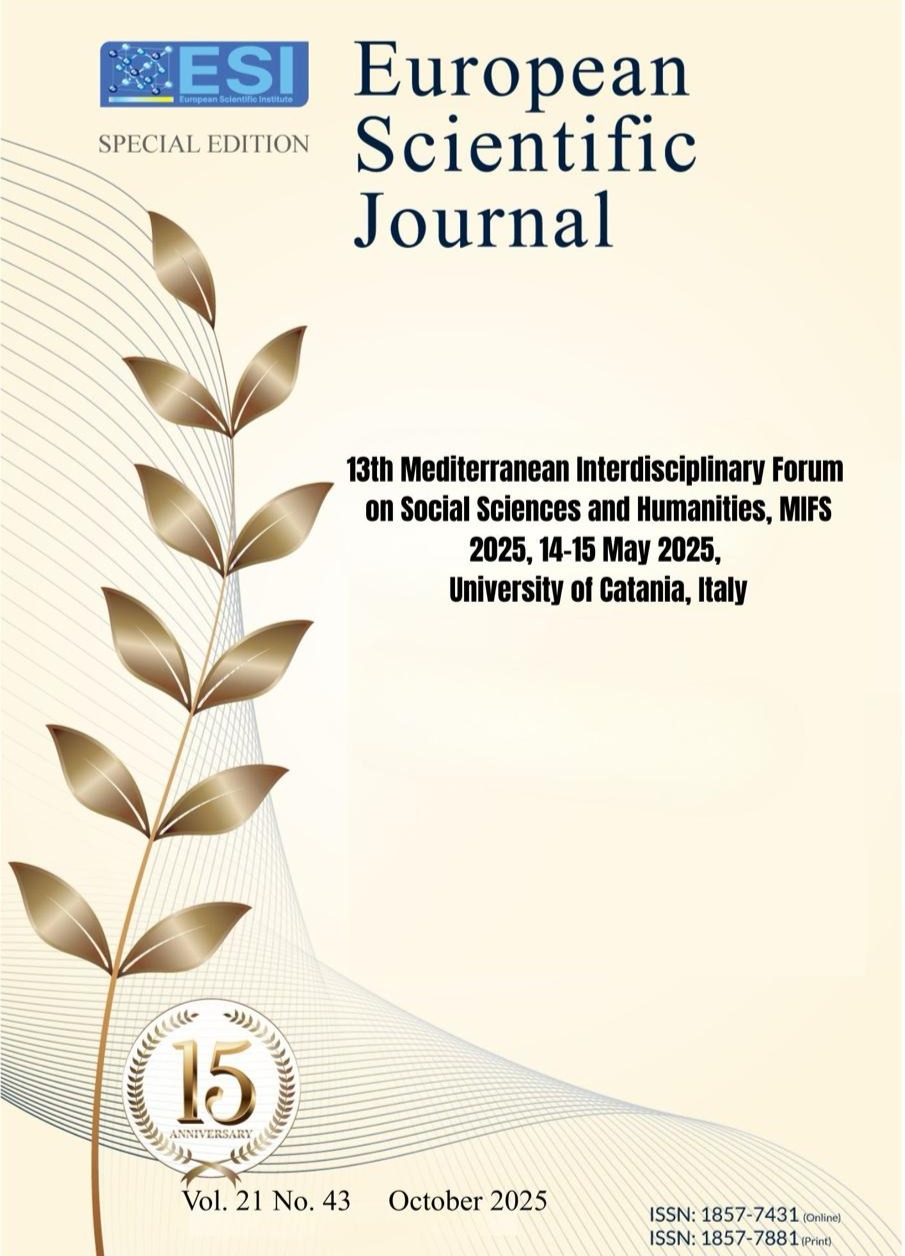Cultivating Gender Equality to Achieve Educational and Social Sustainability among Indigenous Women of Malaysia
Abstract
The ultimate aim of sustainability is to meet present-day requirements without endangering those of future generations. Gender equality is essential for social and educational sustainability because it allows people and society to reach their full potential, which produces more inclusive, equitable, and profitable results. This study depicts certain cases of the indigenous women in Malaysia, exploring the gender equality aspects in achieving educational and social sustainability in the indigenous peoples. A qualitative case study approach was employed for this case study. A semi-structured interview was conducted with 10 indigenous women from two main tribes, which are the Mah Meri and Temiar. Data were transcribed and analysed using a thematic analysis process. The findings reveal that there were three major themes generated from the thematic analysis, which are contributions to society and freedom in the pursuit of education. This case study highlights that indigenous women play a vital role in creating a balance between the responsibilities of the genders in order to achieve SDG5 (gender equality) and educational sustainability in indigenous communities.
Downloads
PlumX Statistics
References
2. Bansal, S., Sarker, T., Yadav, A., Garg, I., Gupta, M., & Sarvaiya, H. (2024). Indigenous communities and sustainable development: A review and research agenda. Global Business and Organizational Excellence, 43, 65–87. https://doi.org/10.1002/joe.22237
3. Deal, C. J., Jørgensen, H., Sivak, A., & Holt, N. L. (2025). Defining contribution: A scoping review. Journal of Adolescence, 97(1), 17–30. https://doi.org/10.1002/jad.12399
4. Dong, M. M., Midmore, P., & Plotnikova, M. (2022). Understanding the experiences of Indigenous minorities through the lens of spatial justice: The case of Orang Asli in Peninsular Malaysia. Regional Science Policy & Practice, 14(5), 1223-1239. https://doi.org/10.1111/rsp3.12512
5. Karim, R.A., Mustapha, R., Wahab, N.A., Aliasak, M.H.H., Che Ghani, N.F. & Zainol, N.S. (2024) Indigenous Women Perspectives on Gender Equality and Feminism: A Case Study of Jahai Women in Peninsular Malaysia. Proceedings of the 7th International Conference on Gender Research, 7(1), 1-9.
6. Guthridge, M., Kirkman, M., Penovic, T., & Giummarra, M. J. (2022). Promoting Gender Equality: A Systematic Review of Interventions. Social Justice Research, 35(3), 318–343. Springer. https://doi.org/10.1007/s11211-022-00398-z
7. Masron, T., Masami, F., & Ismail, N. (2013). Orang Asli in Peninsular Malaysia: population, spatial distribution and socio-economic condition. Journal of Ritsumeikan Social Science Humanites, 6, 75-115.
8. Papadakis, S., Tousia, C., & Polychronaki, K. (2018). Women in computer science. The case study of the Computer Science Department of the University of Crete, Greece. International Journal of Teaching and Case Studies, 9(2), 142-151.
9. Saunders, P., Barnes, A., Ryan Dashwood, R. & Doyle, A.K. (2024). Learning across the life course: A trans-education approach to develop Indigenous intercultural potential in healthcare,First Nations Health and Wellbeing, The Lowitja Journal, 2. 100032, https://doi.org/10.1016/j.fnhli.2024.100032.
10. Stavenhagen , R . (2009) . Making the Declaration work . In Making the Declaration work: The United Nations Declaration on the rights of Indigenous Peoples , Edited by Chartres , C and Stavenhagen , R . 352 – 371 . Copenhagen : International Work Group for Indigenous Affairs.
11. UNESCO. (2022). Deepening the debate: Gender and education. Global Education Monitoring Report Gender Edition. United Nations Educational, Scientific and Cultural Organization. https://www.unesco.org/gem-report/en/2022genderreport
12. UNESCO. (2020). Indigenous Peoples.
https://www.unesco.org/en//indigenous-peoples
13. United Nations Declaration of the Rights of Indigenous Peoples. (2007). Articles: 8 (2a,b); 10; Article 32 (2); 33.
14. Wang, K & Ke, Y. (2024). Social sustainability of communities: A Systematic Literature Review, Sustainable Production and Consumption, 47, 585-597.
15. Wilkes, B., Whop, L. J., Maddox, R., Thurber, K. A., McKay, C. D., Schultz, C., McGrath, C., Evans, O., Pengilly, J., Sedgwick, M., Cornforth, F., & Lovett, R. (2025). Rights-seeking, racism, and retribution. The Lancet regional health. Western Pacific, 55, 101481. https://doi.org/10.1016/j.lanwpc.2025.101481
16. Williams, L. (2024). Indigenous Intergenerational Resilience and Lifelong Learning: Critical Leverage Points for Deep Sustainability Transformation in Turbulent Times. Sustainability, 16(11), 4494. https://doi.org/10.3390/su16114494
17. World Economic Forum (2016). New Vision for Education: Fostering Social and Emotional Learning through Technology. Geneva.
Copyright (c) 2025 Rafidah Abd Karim, Ramlee Mustapha

This work is licensed under a Creative Commons Attribution 4.0 International License.








